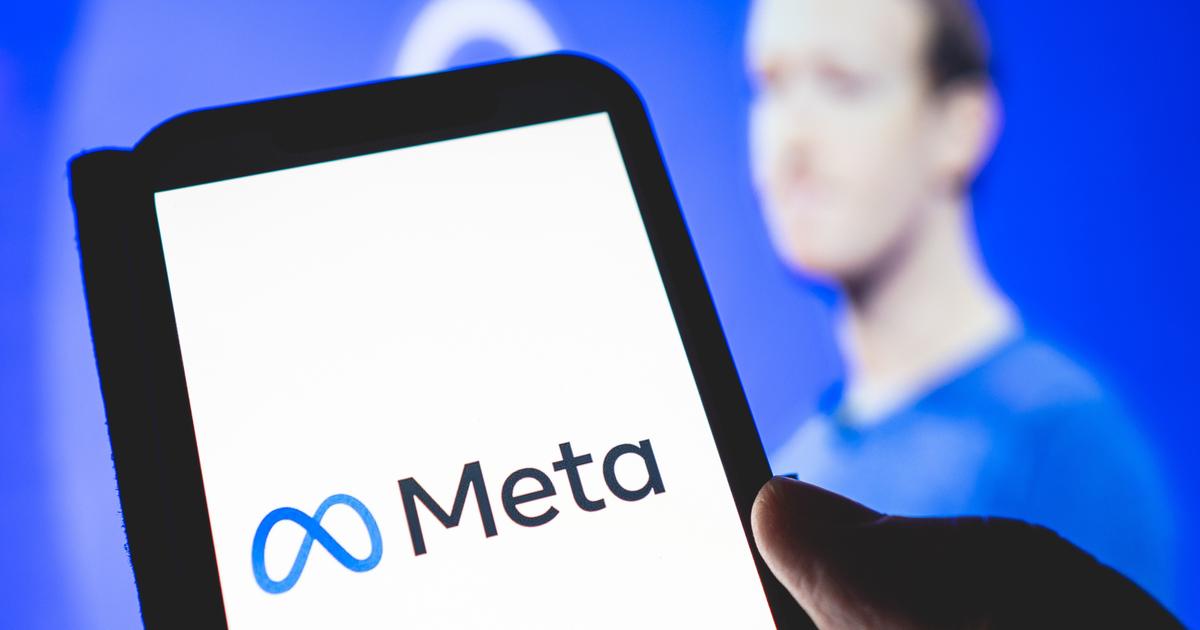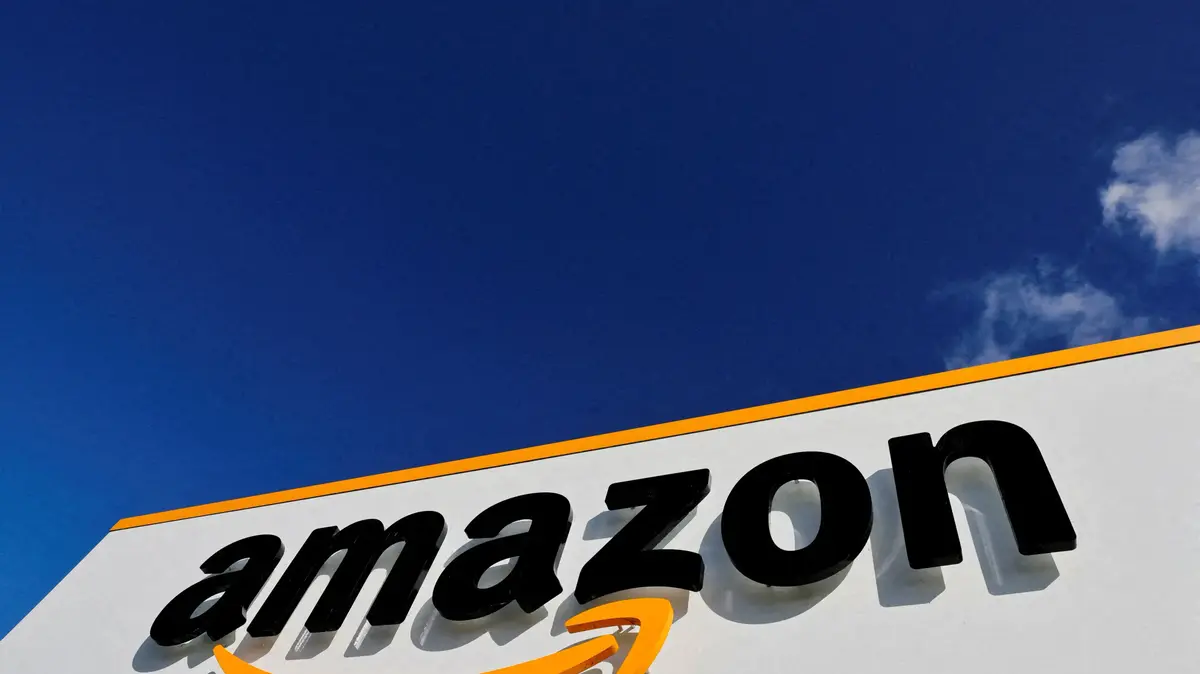Australia's House of Representatives approved a groundbreaking law on Thursday that will force Facebook and Google to pay news publishers for the content they publish on their platforms.
The implementation of the Code of Negotiation of News Media and Digital Platforms by the Government led by Scott Morrisson was the trigger for the first great battle between the media and technology.
Facebook counterattacked last week with the blocking of news to the approximately 18 million users it has in Australia, a measure that it announced that it would withdraw after introducing the Executive amendments to the bill.
The regulations make Australia the first nation where a government arbitrator can set the price that tech giants pay the media if private negotiations fail.
"The regulations will ensure that media companies receive fair compensation for the content they generate, helping to keep journalism in the public interest," Finance Minister Josh Frydenberg and Communications Minister Paul Fletcher said in a joint declaration.
The two American multinationals, for their part, always argued that the engine of this control measure was based on a wrong approach to how the internet works.
In his opinion, the media are the first interested in projecting their content there, since thanks to their power of dissemination they can reach more people.
More information
The press passes the bill to Google and Facebook
Facebook announces that it will restore news pages in Australia after reaching an agreement with the Government
A series of amendments introduced to the bill on Wednesday brought positions between the Morrisson Executive and Mark Zuckerberg's company, which pledged to reestablish news links, including those of many non-profit and government pages, this same Friday.
The changes set the values that will be taken into consideration when deciding which platforms will be subject to the regulations.
In this sense, both Google and Facebook have committed to investing 1,000 million dollars each (about 650 million euros) among Australian publishers to, in this way, circumvent the Code.
Either way, this regulation will probably be the first of many others to come, pushed by the governments of other countries.
The United States, the European Union, Canada and the United Kingdom have already shown interest in Australian law.
This same Thursday, Rod Sims, the competition regulator in charge of drafting the bill, acknowledged being proud that the approved legislation corrects the imbalance between the work of news editors and the low remuneration they have received for it until now. of the great Internet portals.
“The signs are good.
The purpose of the Code is to correct the great influence on the market that Google and Facebook have ”, agreed the president of the Australian Competition Commission.
"I see no reason why anyone should doubt that all journalism will benefit from this new scenario," added Sims, on a hypothetical discrimination of regional media against the most powerful.
The new law lays the foundations for a conflict dispute management process in the event that negotiations between technology companies and news companies fail, in one of the democracies with the highest concentration in media ownership and in which it has strong Rupert Murdoch's News Corporation group is present.
Both sides claimed victory after Australia offered Facebook some concessions, including allowing the government to discretionary release the tech giants from arbitration if they can demonstrate a "significant contribution" to the domestic newspaper industry.
The law was created as a result of the crisis of the media due to the fall in advertising revenues in the last two decades, which has caused massive layoffs in newsrooms, cuts to spending on research and a move from print to print. digital to reduce costs.

/cloudfront-eu-central-1.images.arcpublishing.com/prisa/LSRXZSVZQ2YYCALO6CRU55FLUM.jpg)







